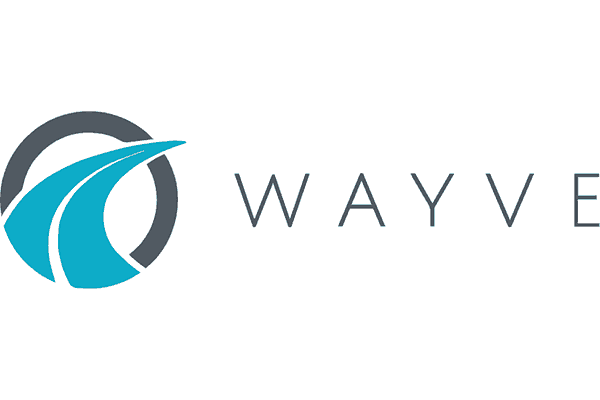There is a real risk of fragmentation in the Ubuntu camp.
- All is not well in the world of Linux open source as the relationship between the money and the code seems to be breaking down.
- Ubuntu is a desktop operating system based on Linux that is open and free.
- Although it is open and there is a community around it, it is effectively controlled by Canonical, a loss making company that writes the vast majority of the code.
- It is able to do this as Canonical is owned and financed by entrepreneur Mark Shuttleworth who has the means to pump money into dreams.
- He has long been a supporter of Linux, but more recently the relationship between Canonical and the community appears to be coming unstuck.
- The main bone of contention seems to be the most recent release by Canonical of Ubuntu that prioritises convergence (PC, tablet and phone) of devices over backward compatibility.
- This disagreement has been simmering for a while but the release of Ubuntu 13.10 seems to have brought this to a head.
- Criticism from the community has been harsh and tempers on both sides have become somewhat frayed.
- From my perspective the direction that Canonical is taking in terms of promoting device convergence is the right one.
- Stubbornly sticking to a desktop only version of the code will only result in rapid obsolescence.
- Furthermore, Mark Shuttleworth pays all the bills at Canonical and as a result he is perfectly entitled to take the code in any direction that he sees fit.
- The end result could easily be a split where Canonical takes the code in one direction and the open source community goes in another.
- This would be bad news for both the open source community as it would lose a major source of free code and engineering resource.
- From Canonical’s perspective, it would lose its image as a real player in the open source community and would become just another vendor of professional software services.
- This fracturing could also dent its chances in China, where the Chinese are looking at adopting Ubuntu as the basis of their own ecosystem for Digital Life services.
- The best solution would be for the two sides to make up but engineers can be unbelievably stubborn when it comes to their creations.









Blog Comments
Sander van der Wal
November 28, 2013 at 11:16 am
The community might consist mainly of engineers, but another important aspect that is is a hobby, not work. So they want to take it into the direction that is most satisfying for them. Compromises are made at work because you get money in return. If they compromise here they won’t have that hobby anymore, and no money for they efforts either.
windsorr
November 29, 2013 at 9:34 am
fair point….which possibly is a very good reason why they should split,,,The problem is that Canonical effectively controls the code.